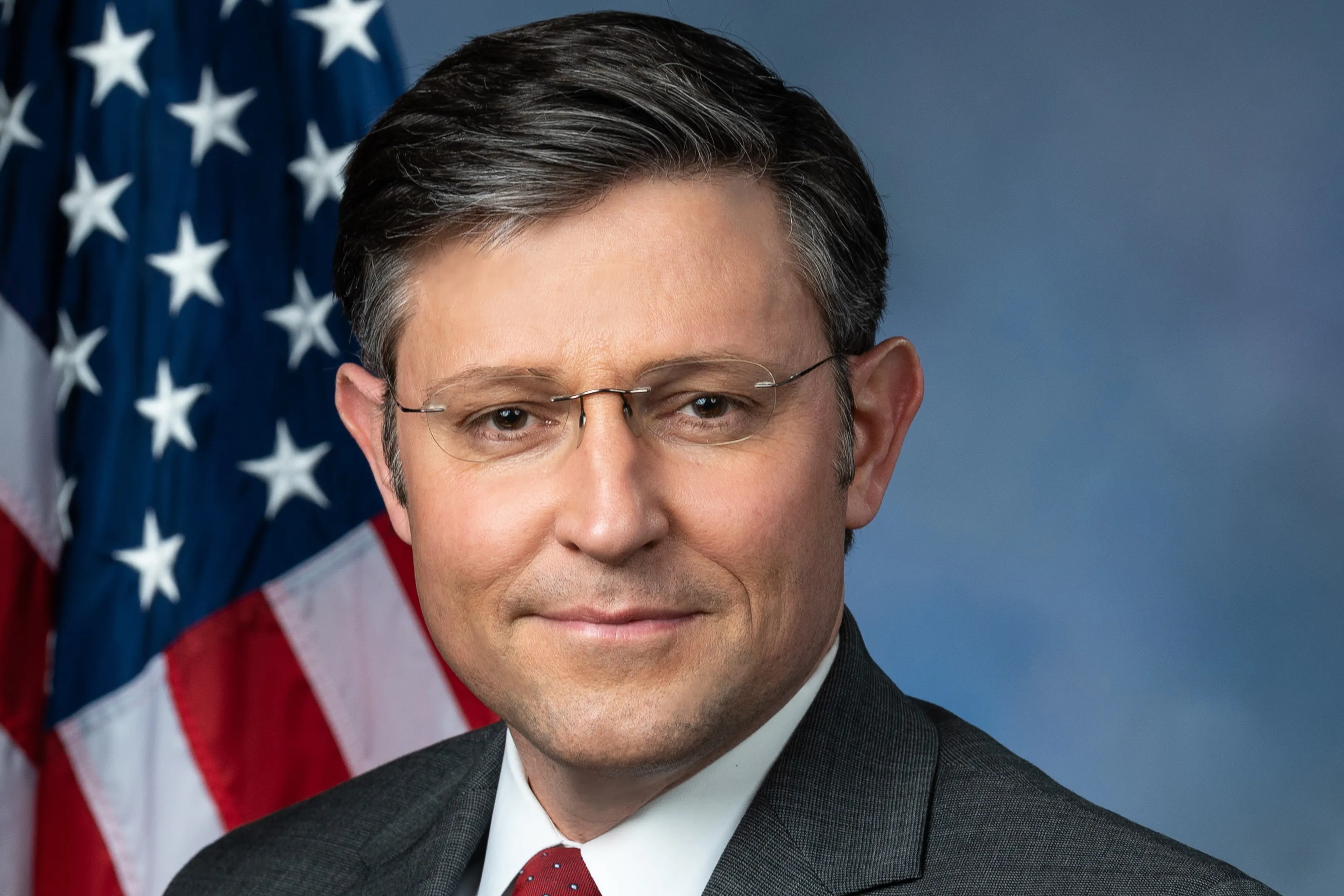
Daily Audio Newscast Afternoon Update - July 24, 2025
© INDU BACHKHETI - iStock-1336427297
News from around the nation.
Federal appeals court rules Trump's birthright citizenship ban unconstitutional; Columbia University to pay over $200 million to resolve Trump probes; Florida labor leader highlights worker safety risks amid extreme heat; Report: CT economic growth post-pandemic still lags U.S.; IL nonprofit sees uptick in online domestic-violence inquiries.
Transcript
The Public News Service Thursday afternoon update.
I'm Mike Clifford.
A federal appeals court ruled Wednesday that President Donald Trump's executive order to end birthright citizenship is unconstitutional and upheld a nationwide ban on his administration from implementing the measure.
That from the Washington Post.
They report a three-judge panel of the U.S. Court of Appeals for the Ninth Circuit ruled 2-1 that Trump's directive violates the citizenship clause of the Constitution's 14th Amendment.
Next from Reuters, Columbia University said Wednesday it will pay over $200 million to the U.S. government in a settlement with the Trump administration to resolve federal probes and have most of its suspended federal funding restored.
Meantime, Florida's right-to-work statutes, which limit union representation, are colliding with record July heat to create what labor advocates call a "perfect storm" for workers.
Advocates argue these laws suppress collective bargaining power precisely when workers need it most.
Manzanares union represents 1000 members across 52 counties and he describes the issue.
It sounds good.
Everyone has the right to work, but these laws prohibit a lot of job sites to have representation for everyone.
House Bill 4 33 in Florida banned local heat protection laws in April, leaving only union contracts to guarantee water breaks and shade amenities.
Manzanares calls basic human needs.
I'm Tramiel Gomes.
A new annual report finds wage equity could help Connecticut's economy grow and narrow the wage gap.
The 2025 State of Working Connecticut report finds the state's post-pandemic economic growth still lags behind the nation.
The report notes the state is seeing slower workforce and labor growth.
Report author Patrick O'Brien with Connecticut Voices for Children says the report has two sets of policy options the state can take to reverse these trends.
The first category is fiscal policy options that include inflation indexing the Connecticut personal income tax and hiring more tax auditors at the Connecticut Department of Revenue Services which would reduce the state's tax gap and could pay for the cost of inflation indexing.
The other category is labor market policy options, such as limiting the use of non-compete agreements, increasing the salary threshold for overtime pay protections, and establishing predictable scheduling protections for hourly workers.
O'Brien says enacting these policies could increase wage growth, cut down on wage inequality, and narrow the wage gap.
I'm Edwin J. Viera.
And an Illinois non-profit that provides free online legal resources is seeing a significant uptick in domestic violence inquiries.
Illinois Legal Aid Online has seen a 25 percent increase in the last six months.
Executive Director Terry Ross says one of their most used tools is called Easy Forms.
You answer a series of questions and then it generates the appropriate court documents or legal paperwork depending on which interview you're using and you can take that and file it with the court.
Ross says nearly 3,000 people have used the Order of Protection toolkit this year.
Last year, Illinois saw a 110 percent increase in reported domestic violence incidents.
This is Public News Service.
A growing number of Americans now rely substantially on Social Security payments.
That's according to a recurring survey led by a key senior advocacy group with fresh insights from Minnesotans as well.
Every five years, AARP asks the public how it feels about this retirement and disability safety net.
The new survey issued this week found 65 percent of respondents indicating it's a key source of their monthly income.
That's a slight gain from the 2020 poll and well above the 2005 result.
Kathy McClure is the group's state director in Minnesota and she says the numbers speak volumes.
So many people rely on those monthly payments to keep food on the table, to pay for health care.
Due to financial pressure, Analysts say the program could be forced to reduce monthly payments as early as 2034 if congressional action isn't taken.
Also in the survey, 43 percent of Minnesotans 65 and older rely on Social Security for at least half their income.
I'm Mike Moen.
And if you've got an extra five minutes, you can save a life.
Now you can learn cardiopulmonary resuscitation at no cost from a new mobile, hands-only CPR kiosk.
The new kiosk is in the lobby of St. John's Health Center in Santa Monica.
The machine's touch screen gives a brief overview of hands-only CPR.
Then you get to practice right there on a mannequin.
Cardiologist Rigved Talwalkar says it's an easy way for people to get more comfortable giving chest compressions in an emergency.
It's a lot like a video game, but of course a lot more important than a video game.
It gives real-time feedback about the depth and rate of compressions, proper hand placement, which are all factors that influence the effectiveness of CPR.
The American Heart Association operates the St.
John's Mobile Kiosk and a stationary model at LAX with support from the hospital.
I'm Suzanne Potter.
Finally, in the wake of recent devastating floods in West Virginia and with climate change expected to increase the frequency and intensity of storms, more communities are looking to nature-based solutions to reduce local flood risks.
More than 90 percent of West Virginia communities are considered special flood hazard areas, which means they're at high risk of flooding, says Mark Buchanan, project coordinator at Marshall University's West Virginia Brownfields Assistance Center.
He explains urbanized landscapes strip away natural buffers that can impact how fast and how much water reaches homes and buildings.
When we're looking at around 75 to 100 percent impervious cover, a lot of roads, roofs, parking lots, all of those types of settings it really alters the hydrology, 55 percent becomes runoff.
All of the state's 55 counties have experienced flooding over the past 15 years.
This is Nadia Ramligan for West Virginia News Service.
This is Mike Clifford for Public News Service.
Member and listener supported.
Find our trust indicators at publicnewsservice.org.

















